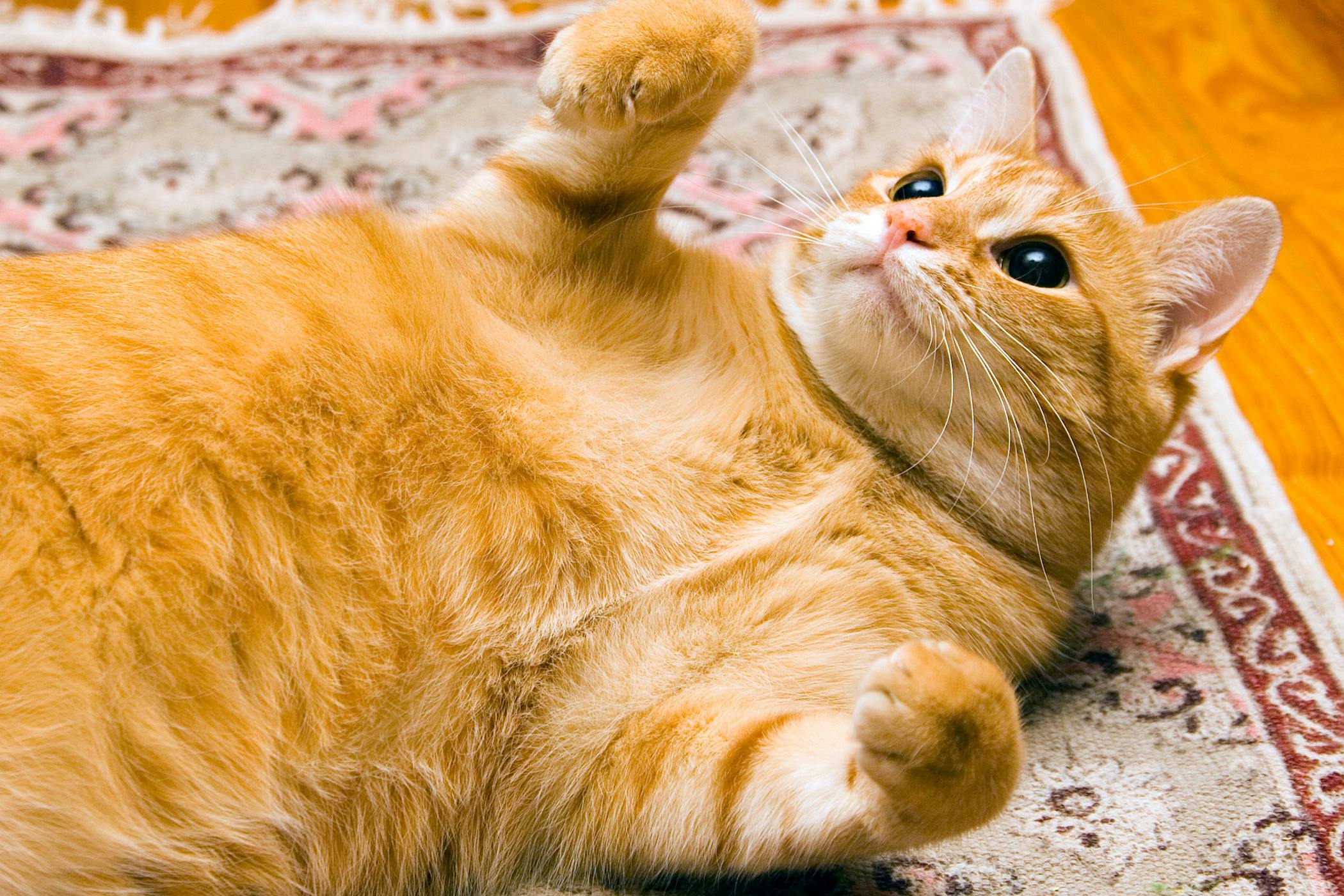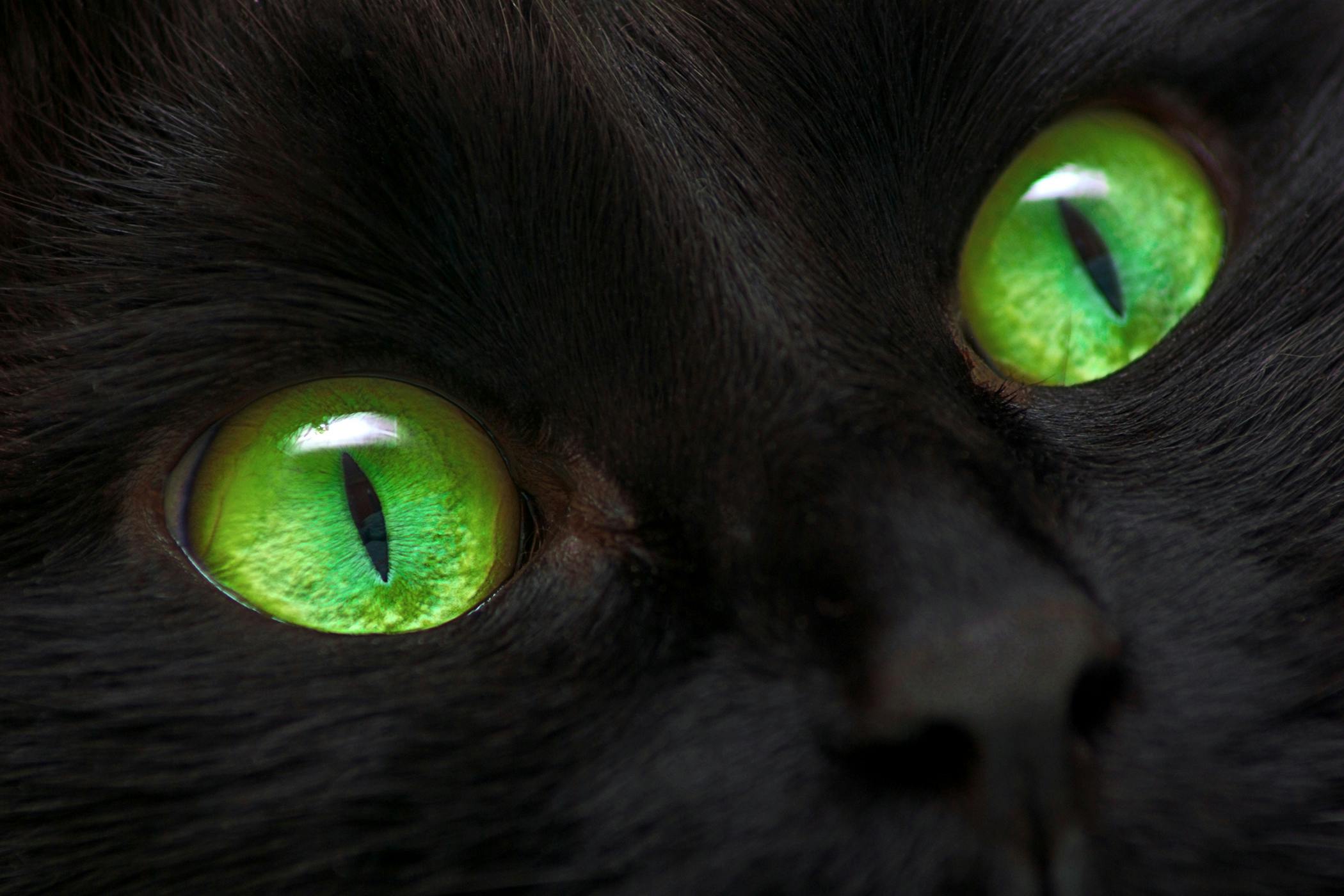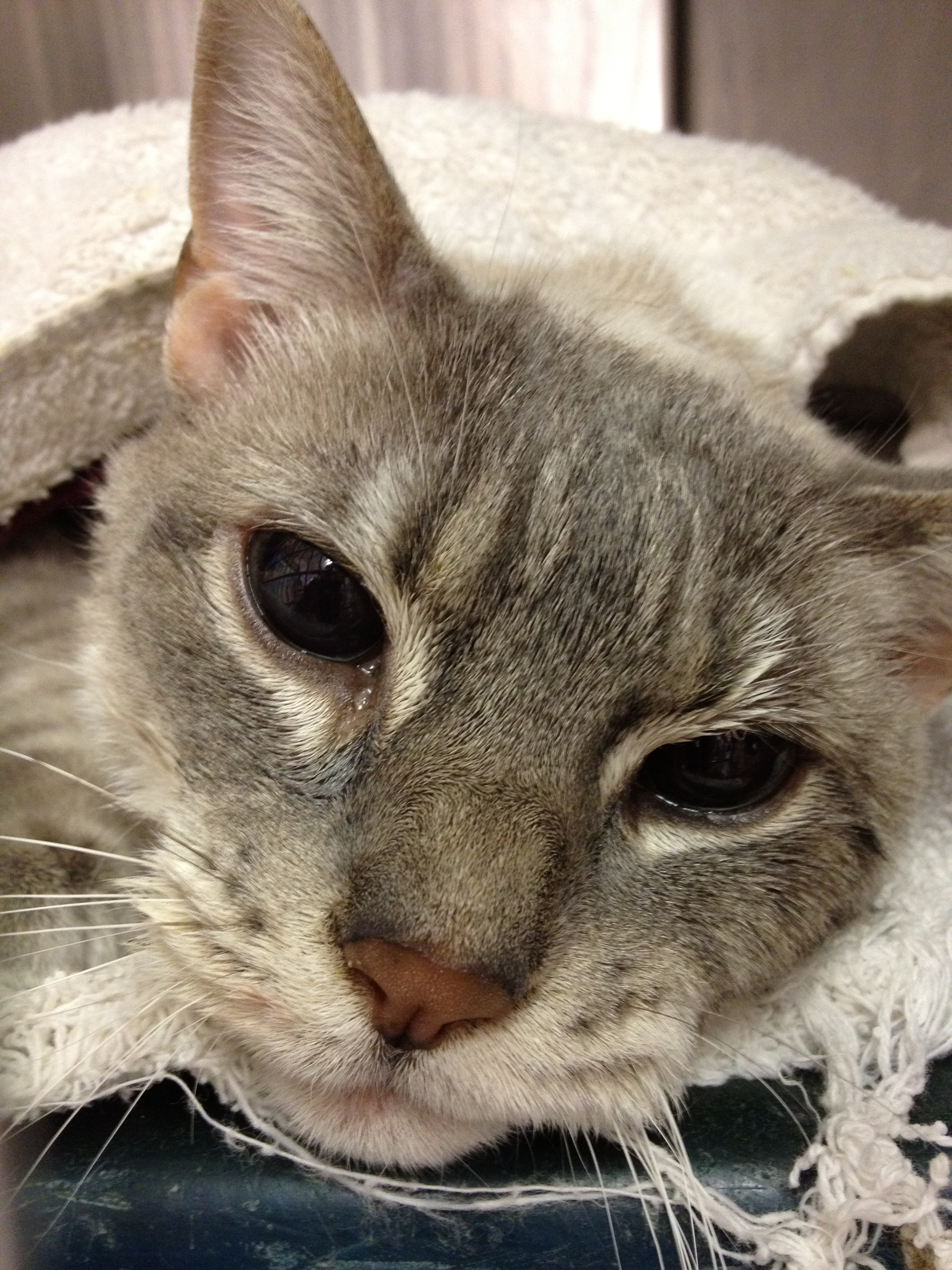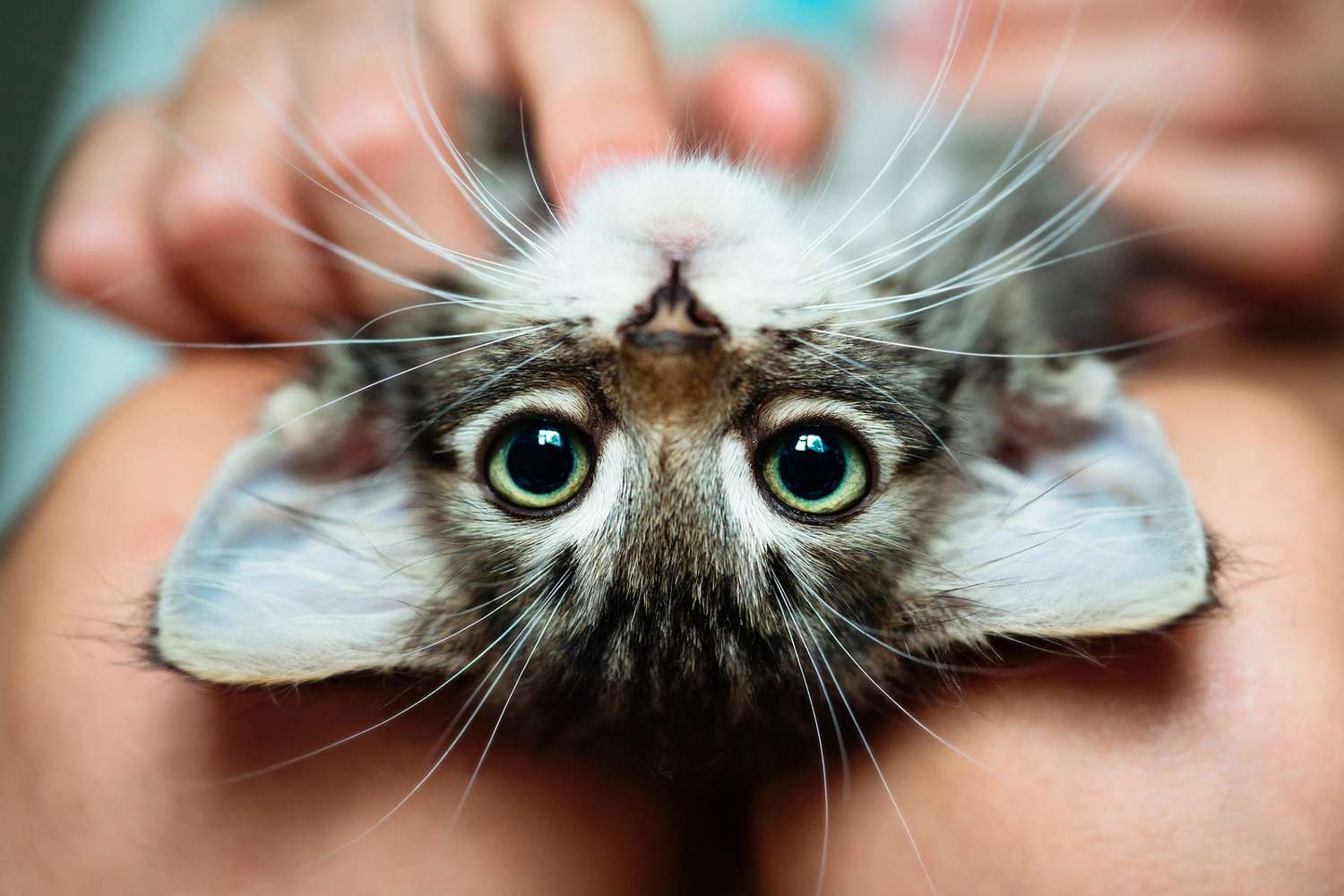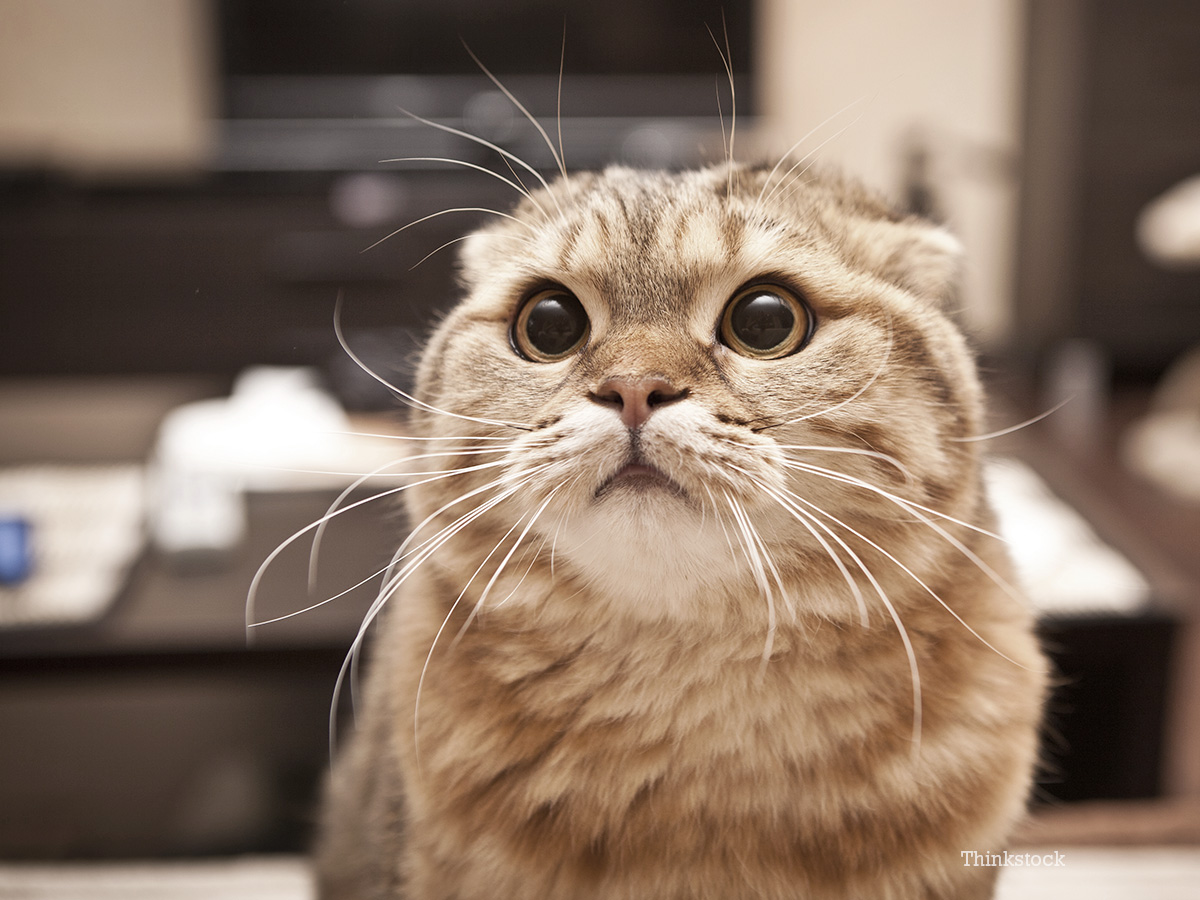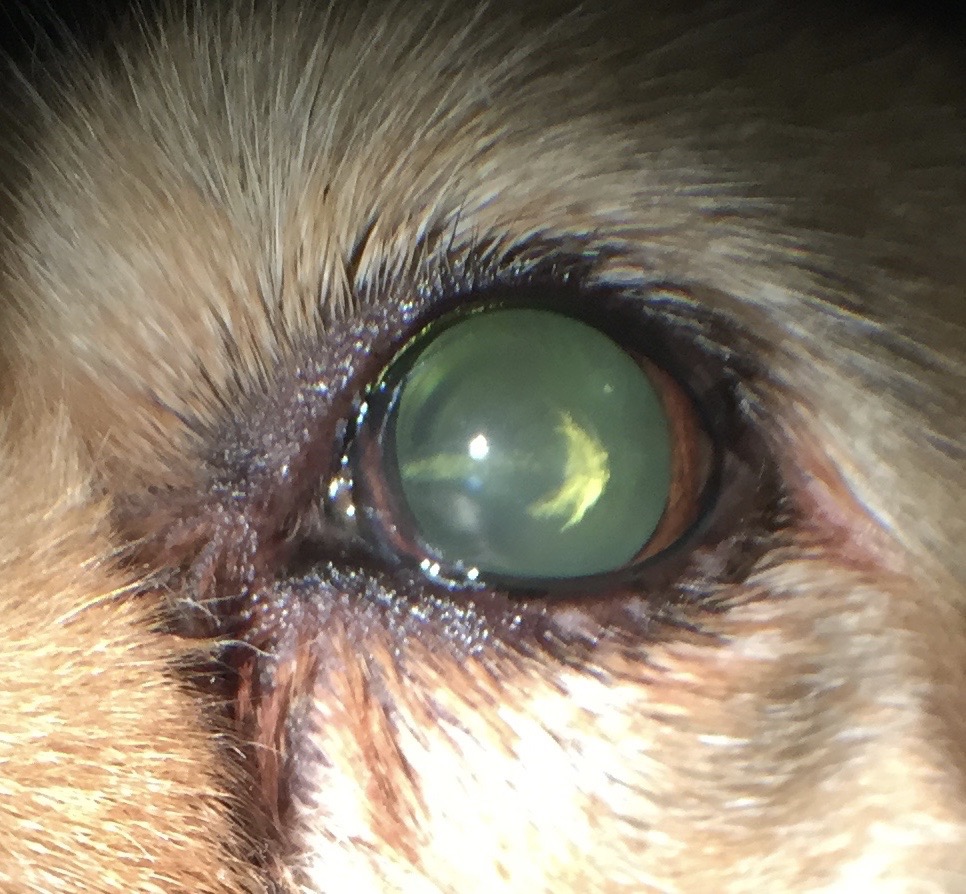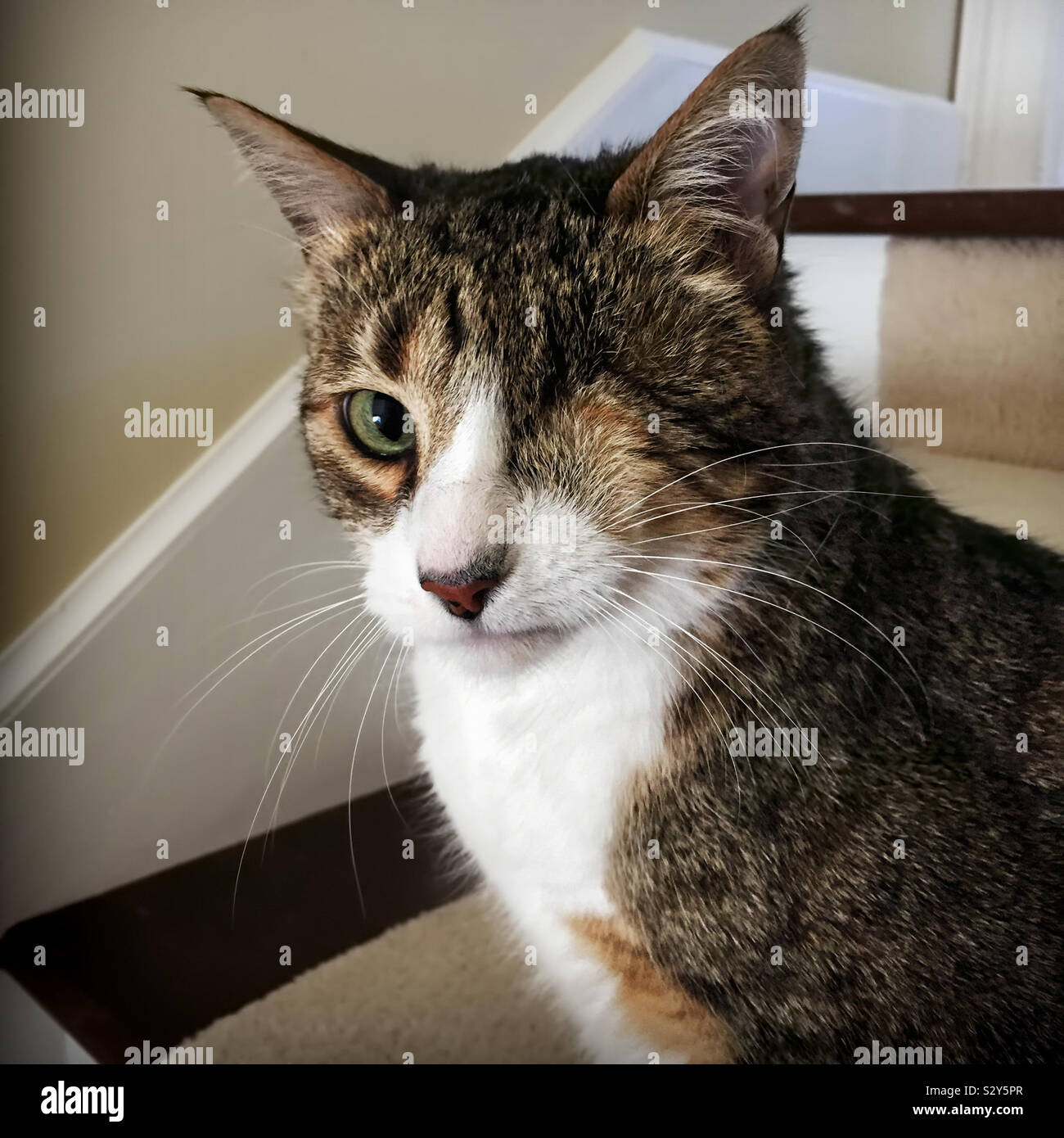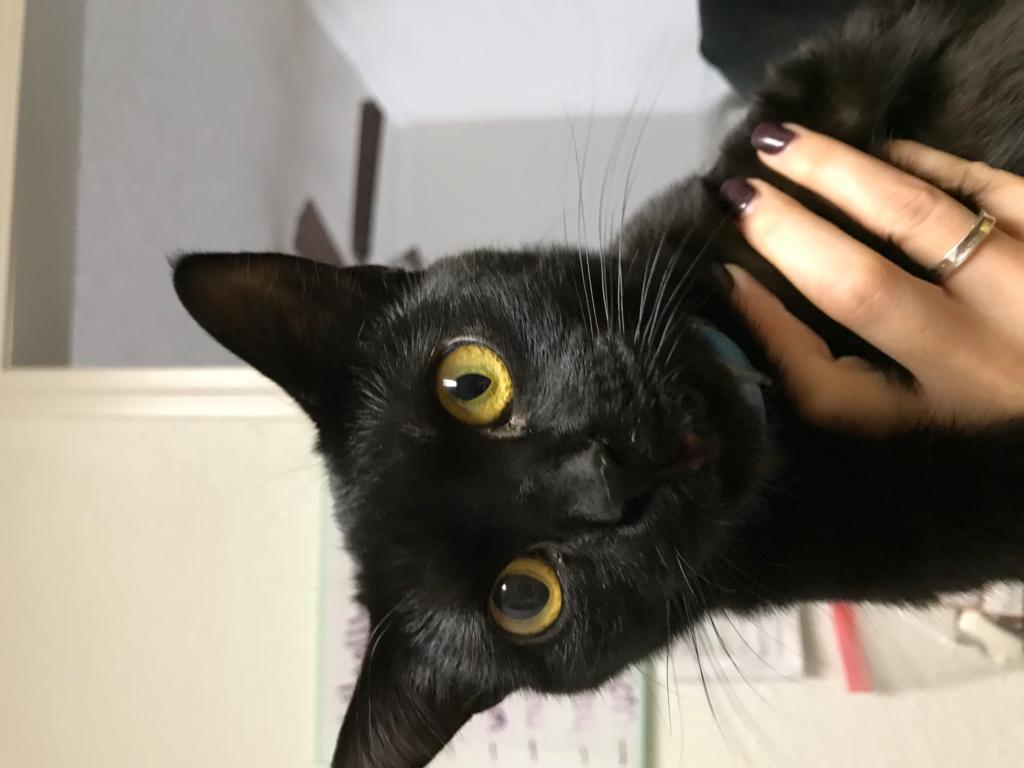Cats Eyes Dilated After Anesthesia

Why are my cats eyes dilated after surgery.
Cats eyes dilated after anesthesia. She has her eyes shut but not because of discharge she just does not feel good with light in her eyes. Key-Gaskell tends to affect cats younger than three years old and has no known cause. Hypothermia is a common complication during and after anesthesia.
Your cat is not likely craving her food while the effects of the anesthesia and pain management work their way through her system. If your cat is on medication and has dilated pupils contact your veterinary surgery who will be able to advise if this is a common side effect. A rare condition known as feline dysautonomia or Key-Gaskell syndrome can also result in dilated pupils.
This may worry the cats owner because anesthetics can harm or rarely even kill a cat. Injuries and infections can make your cat squint one eye or keep it half closed. The normal healthy cat was groggy and sickly acting.
Each of these parameters should be assessed every 5-15 minutes for the duration of anesthesia. Some cats can have opposite reactions though and you may notice your cat restless after anesthesia. As the anesthesia wears off your cat will probably be groggy and tired.
General anesthesia is achieved by administering drugs that suppress your cats nerve response. If you notice your cat hyperactive after anesthesia she should be carefully monitored and confined to a safe space to prevent her from hurting herself. If the cat eyes are narrow and the eyes are squinted thats a sign of aggression.
If the cat was truly normal for the two days after the anesthesiayour vets will probably start looking for infectious type problems that would take advantage of the suppressed immune system during anesthesia. It can result in signs such as watery eyes discharge redness rubbing blinking excessively and a showing third eyelid. There may be shivering or trembling.
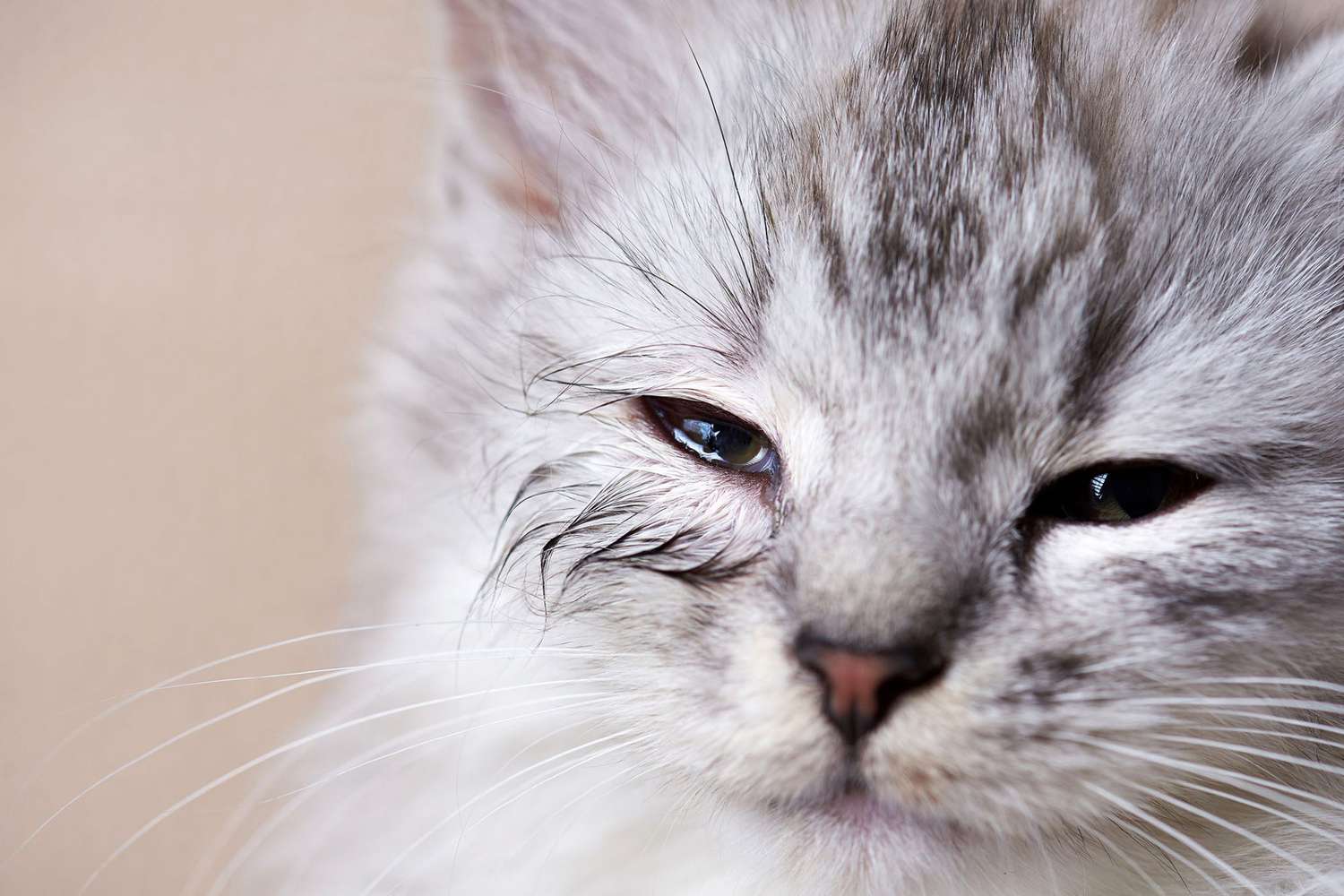

/close-up-of-a-lazy-cat-618694790-587e55495f9b584db3f2b71e.jpg)
